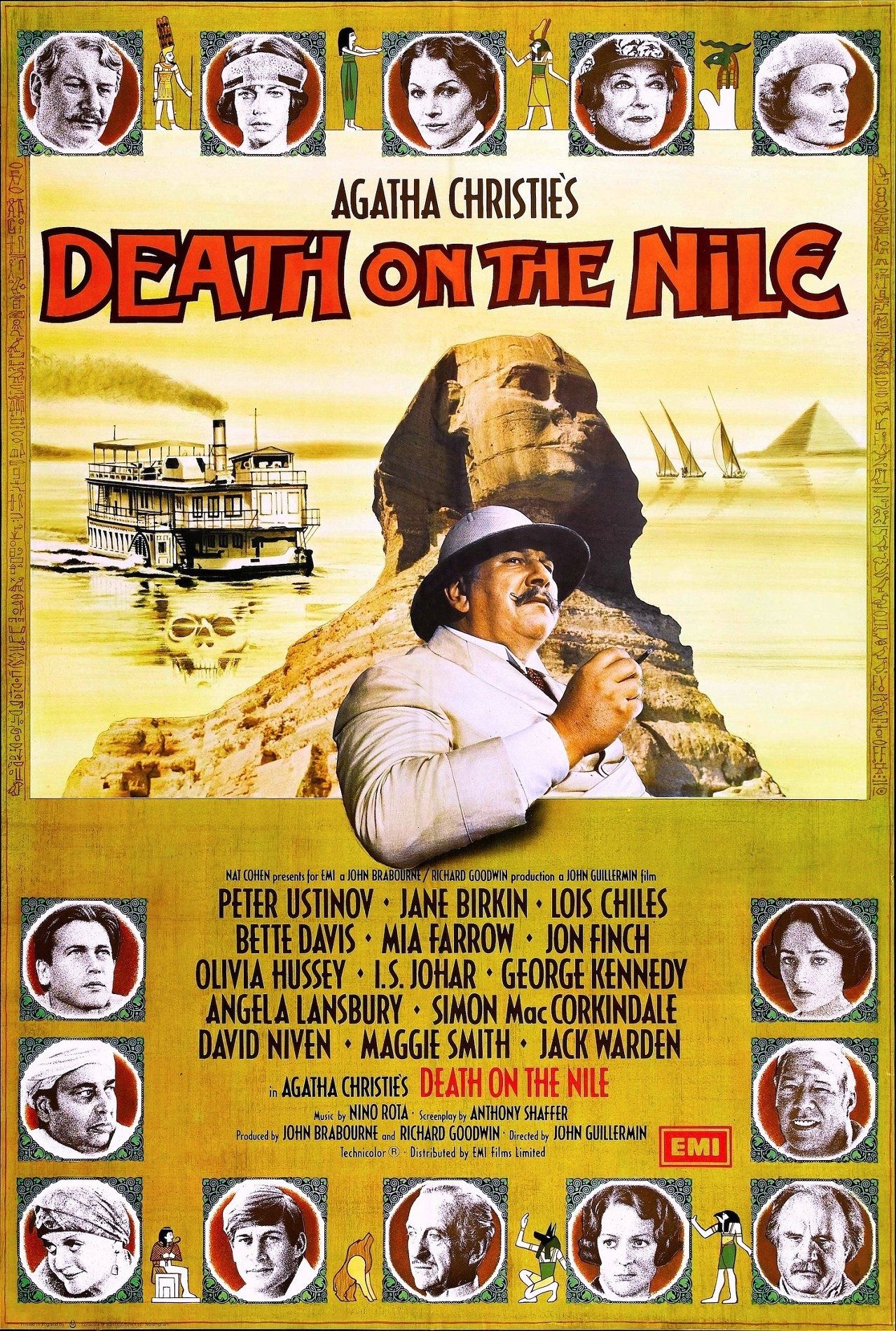

The natural, instinctive reaction in a situation like this would be to save the other person, and that's what he did. When the boulder fell, it happened so quickly so it wouldn't have given Simon enough time to think "maybe I'll let this boulder fall on Linnet and this would save me and Jackie from going with our elaborate plan". If Simon stepped aside and allowed the boulder to fall on Linnet, we wouldn't have the great mystery that we have. This is the end, go home, live happily ever after. If it were me, I would have made it so he had, just to save them. Death on the Nile, however, was much slower than And Then There Were None. It took nearly half of the book before a murder was committed and although I was quite enjoying the build up, it meant that the second half of the book – the attempt to solve the murder – was rushed.


Death on the Nile is also not exactly what we would call politically correct, and it really is fascinating to see what sort of language, cultural and social attitudes were deemed acceptable in the 1930's. On a ship travelling down the Nile, tensions are high and everybody is suspect. I most likely shouldn't, since she, let’s say, took it a bit too far! Yet I enjoyed her clarity and audacity and I was never completely sure whether she should remain a suspect or not. Jealously! Affairs! Revenge! Gossip! It was highly entertaining and I developed an affinity for Jacqueline de Bellefort in particular. Death on the Nile, surprisingly, often felt like a television drama. Cruising aboard the "Karnak" are Detective Hercule Poirot and passengers of the upper English class including the famous and beautiful Linnet Ridgeway with her Newly-Married husband Simon Doyle.And we find,a cunningly streamlined Jacqueline de Bellefort trailing after them since their marriage.But one day,bad news reeks through the Ship - the beautiful Linnet Ridgeway has been shot through the head.


 0 kommentar(er)
0 kommentar(er)
